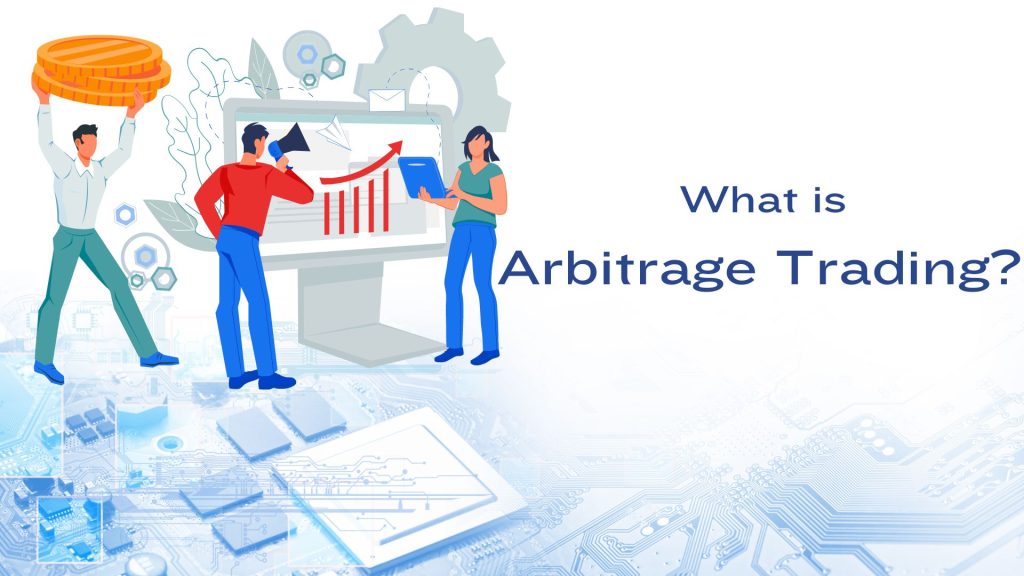
What is Arbitrage Trading And How It Works
Arbitrage trading is a strategy for capitalising on price discrepancies of the same asset across different markets. It helps generate profit with minimal risk and increases market efficiency by ensuring prices do not deviate substantially across different trading venues. This blog will explain arbitrage trading by describing its meaning, how it works, its benefits, and its disadvantages.
What is Arbitrage Trading?
In arbitrage trading, traders purchase and sell an asset in different markets, exploiting price differences for profit. It relies on the basic principle of buying low in one market and selling high in another. Arbitrage trading capitalises on inefficiencies in pricing that occasionally arise due to variations in supply, demand, or trading volumes across markets.
Contact us now to promote your business with us!
How Arbitrage Trading Works
Traders must continuously monitor prices across various markets and execute trades quickly to identify arbitrage opportunities. It helps benefit from the price differences before they converge. Arbitrage strategies include:
Spatial Arbitrage
Buying and selling the same asset in different geographic locations where the asset’s price varies.
Statistical Arbitrage
Utilises mathematical models to identify price inefficiencies in similar assets. Bets on the convergence of their price differences over time.
Triangular Arbitrage
Involves trading three different currencies in the foreign exchange market. Exploits the currency mismatches to gain profit from the currency conversions.
Example: In the forex market, a trader can buy USD if the exchange rate for USD to EUR in one market is lower than the rate offered from EUR to GBP in another market. They can convert it to EUR in the first market and then convert EUR to GBP in the second market for a profit.
Advantages of Arbitrage Trading
These are the advantages of arbitrage trading:
Low Risk
Arbitrage is low-risk because it exploits existing price differences without speculating on future prices. Traders secure profits almost immediately by executing concurrent trades in different markets, minimising exposure to market volatility.
Market Liquidity and Efficiency
Arbitrage enhances market liquidity by purchasing undervalued assets and selling overvalued ones. It helps correct price discrepancies, maintain market efficiency, and ensure that prices in various markets remain consistent.
Global Opportunities
Arbitrage opportunities are not limited to a single market or region. Traders can exploit price differences in global markets, from commodities to currencies, providing a broad scope for arbitrage strategies.
Disadvantages of Arbitrage Trading
Arbitrage comes with inherent risks like:
High Competition
The use of advanced technology by arbitrageurs has amplified competition. The window for profitable trades narrows as more traders seek to exploit the same opportunities, often resulting in diminished returns.
Technological Requirements
Traders need advanced technological tools to identify and act on opportunities quickly. These tools include high-speed internet access, algorithms, and real-time market data feeds, which can be costly.
Regulatory and Financial Risks
Different regions may have specific regulations restricting certain types of arbitrage trading. For example, they might prohibit simultaneous buying and selling in certain markets.
Conclusion
Arbitrage offers a low-risk strategy in financial markets but demands high technological investment and faces stiff competition. Traders must continuously analyse markets to seize opportunities!
Become a part of a global network of professionals and improve trading. Find your perfect liquidity partners!
Follow us on LinkedIn to get daily financial updates!





